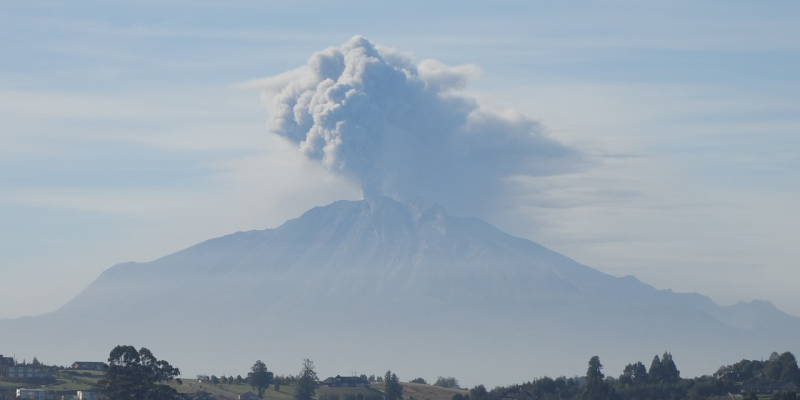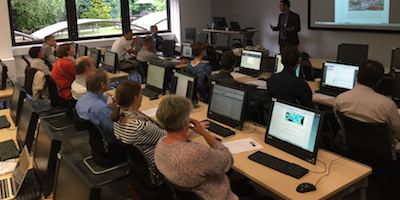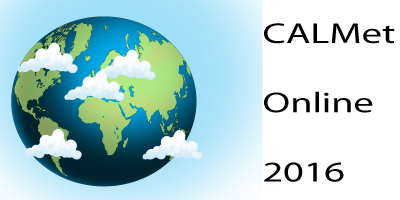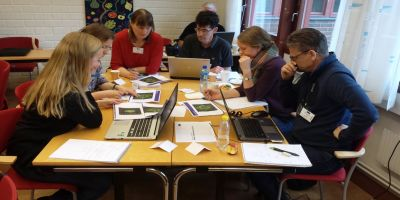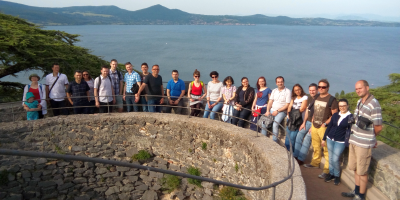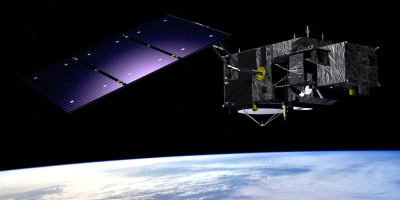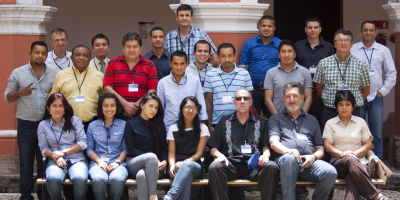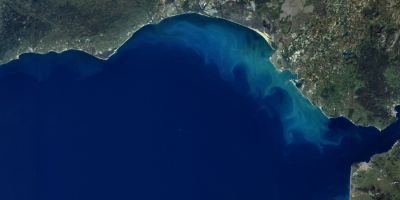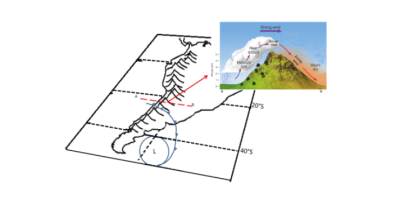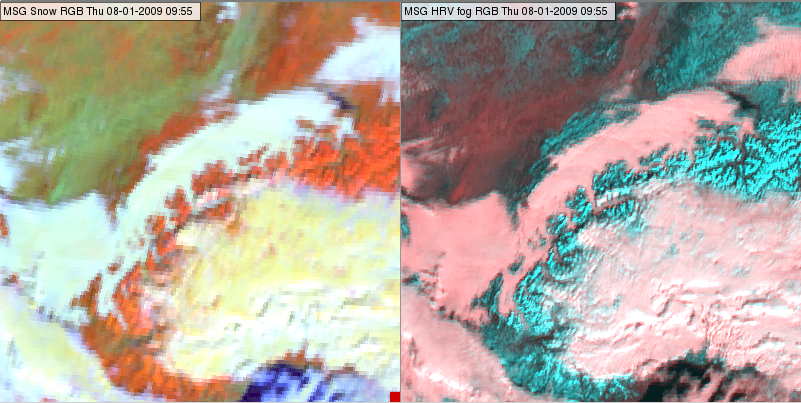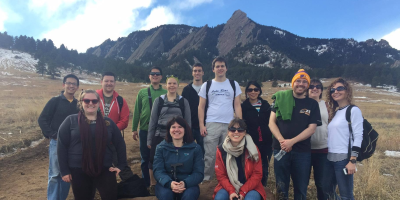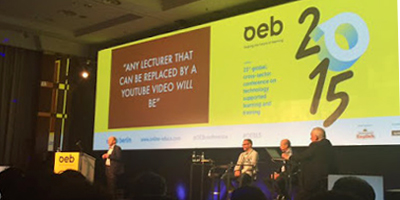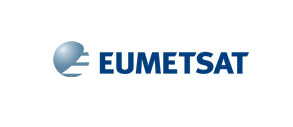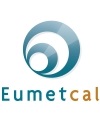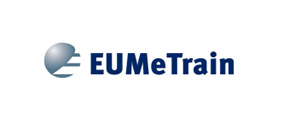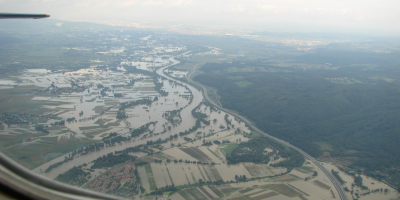
Advanced SEEMET Training Course on flash-floods and floods
19 - 21 April 2016 / LjubljanaThe first advanced SEEMET (South-Eastern Europe Meteorological Training) workshop will take place in April 2016, in Ljubljana, Slovenia, hosted by the Slovenian Environment Agency (ARSO)., The course will focus on the use of satellite and other relevant data and products (ground and radar observations, NWP and hydrological model results, etc.) for flood forecasting.
The Western Balkan and Eastern European region is prone to severe floods, as well as heavy snowfall in winter or extreme drought in summer. The goal of the training course is to enable specialists from the various meteorological agencies to predict such severe events in time for preventive measures. Target participants are meteorological and hydrological forecasters.
The next advanced course will be organised in Croatia in Spring 2018, the main topic is still to be decided.
